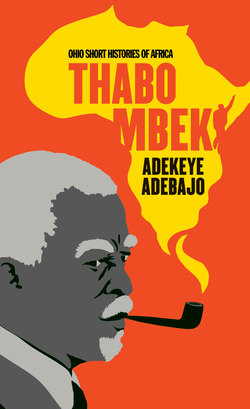Thabo Mbeki

Реклама. ООО «ЛитРес», ИНН: 7719571260.
Оглавление
Adekeye Adebajo. Thabo Mbeki
Thabo Mbeki
Adekeye Adebajo
Contents
Introduction
1. Africa’s philosopher-kings
2. Coming of age
3. The path to power
4. The domestic president
5. The foreign policy president
6. The post-presidency
7. Legacy
Notes
Acknowledgements
Отрывок из книги
Africa’s philosopher-king
Ohio Short Histories of Africa
.....
In his most famous essay, written in 1966 shortly after Nkrumah fell from power, Mazrui depicted the Ghanaian leader as a ‘Leninist Czar’, a royalist revolutionary.5 The Kenyan scholar argued that Nkrumah had ruled in a monarchical fashion and thus forfeited the organisational effectiveness of a Leninist party structure. The Ghanaian leader had wanted ‘Nkrumahism’ to leave a similar historical and revolutionary mark to that of Leninism. As Mazrui noted, ‘Nkrumah’s tragedy was a tragedy of excess, rather than of contradiction. He tried to be too much of a revolutionary monarch.’ Mazrui concluded that Nkrumah would be celebrated more as a great pan-African than as a great Ghanaian, an insight that has proved to be accurate.
The second typology of African leadership that is helpful in understanding Mbeki is that of the prophetic ruler. As Robert Jackson and Carl Rosberg, in their innovative study Personal Rule in Black Africa, noted: ‘The prophet, political or religious, is a revolutionary – that is, one who prophesies a better future, whose attainment requires the radical transformation of the present.’6 Two key characteristics are associated with prophetic rulers.
.....